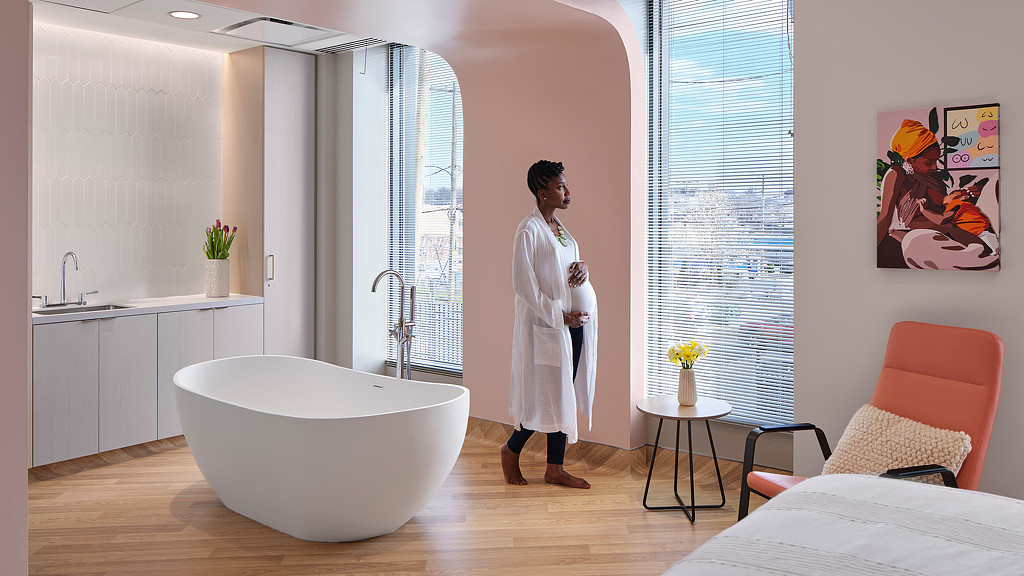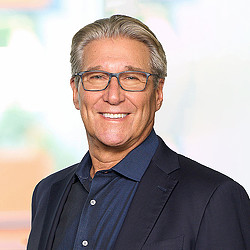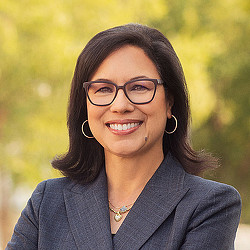Putting the Patient at the Center of the Health-And-Wellness Equation
March 19, 2024 | By Andy Cohen and Diane Hoskins
Editor’s Note: The following excerpt is from Design for a Radically Changing World, by Gensler Global Co-Chairs Diane Hoskins and Andy Cohen.
People today are acutely concerned about the health and well-being of their loved ones, their communities, and themselves. Consumer culture, personalized medicine, and technology are putting the patient back at the center of the health-and-wellness equation — and extending conversations about well-being far beyond doctors’ offices and hospitals. A focus on wellness must permeate every design decision and every project, from healthcare settings to workplaces and city plans.
As recently as 2015, our firm was organized into three practice sectors: work, lifestyle, and cities. We vowed that within a decade, we would create a fourth practice sector: health and wellness. When COVID hit, we saw a massive opportunity in the health sector, including in both healthcare settings and the sciences. We began to collaborate with major real estate developers who were experts in life sciences and medical buildings, and whose tenants included some of the world’s leading pharmaceutical companies. Creating a health and wellness practice at a time when so many clients in the health sector were looking for bold new ideas and innovative designs, we turned the whole industry on its head, reinventing life sciences design for the better. Thanks to our up-to-the-minute understanding of the COVID crisis, we shifted the dominant paradigm and have seen the health sector become a huge growth business.
Diving into the health sector yielded some surprising discoveries — including that the proper facilities for some types of scientific research do not exist. Science workplace tenants are also increasingly looking for spaces that promote the health and well-being of their employees and of the communities in which they are located. Recognizing these needs, our teams came up with a flexible laboratory concept called NEXT: a net zero carbon structure with cutting-edge technologies, designed to be implemented in any variety of contexts. The NEXT concept has three objectives: 1) to liberate the space and make it more than just a container for people; 2) to increase product differentiation in the market, allowing our developer clients to leapfrog past their competition; and 3) to offer solutions that prioritize decarbonization as a method of resiliency. Ultimately, NEXT is a platform that allows tenants and developers to reimagine what a science building can be. In addition to delivering top-of-the-line functionality within the lab and workspace, NEXT offers opportunities for a variety of connections — to the outdoors, the community, and the surrounding cultural context — without sacrificing tenant flexibility.
For media inquiries, email .


